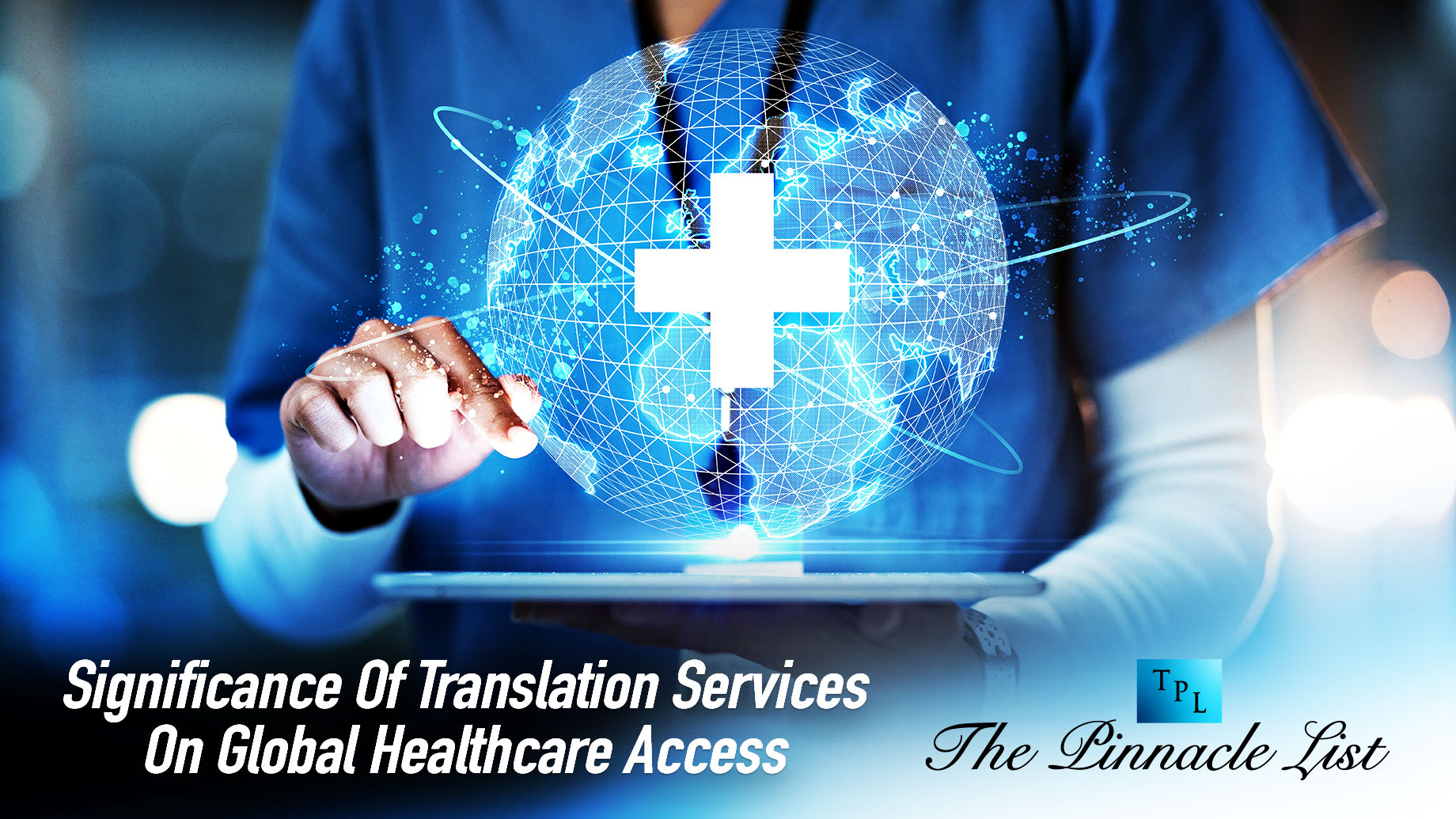
Effective communication holds immense importance in medical tourism, as patients often navigate unfamiliar healthcare systems. Medical translation services help bridge this gap by providing essential information about hospital services, medical procedures, and administrative processes in different languages.
Speaking of languages, the top ones that are in demand for medical translation include Spanish, Chinese, French, German, etc. Moreover, English translation is also in demand. Why? Because the number of non-English speakers in US households has increased significantly. In 2023, it reached over 70 million. The proportion of individuals with limited English proficiency is increased since 2019. However, healthcare education programs mainly focus on teaching English communication skills to clinicians. This approach has resulted in notable deficiencies in delivering state-of-the-art healthcare to the growing LEP population. In such conditions, healthcare systems can benefit from training healthcare professionals to communicate effectively with non-English-speaking patients. How can they do that? With the help of translation and interpretation services in English.
How Translation Services Are Important For Healthcare
Effective communication with healthcare providers and support staff fosters trust and confidence. Patients can openly discuss their concerns, ask questions, and seek clarifications, thereby alleviating anxiety and promoting a positive patient-provider relationship without any linguistic barrier. Such positive experiences hold great significance in the context of medical tourism, where patients are often far from home and heavily rely on the expertise and support of healthcare professionals.
Moreover, patients who have received medical treatment abroad may need to provide their medical records and test results to local physicians upon returning home. Accurate translation of these documents ensures that local healthcare providers have a complete understanding of the patient’s medical history. It helps them to provide appropriate ongoing care. Seamless communication through translation also enables patients to seek guidance from their international healthcare providers through remote consultations, even after returning to their home country.
- Understanding the risks associated with medical procedures is essential for ensuring patient safety.
- Medical translation facilitates the dissemination of comprehensive medical information, encompassing potential complications, side effects, and post-operative care instructions.
- Also, patients can easily comprehend the intricacies of the healthcare system, including appointment scheduling, billing procedures, and insurance requirements.
- By fully comprehending the risks and benefits of specific treatments, patients can make informed choices regarding their healthcare options.
- This empowers patients to actively participate in shared decision-making with healthcare providers.
That’s not all. There are many factors that highlight the importance of seamless translation and medical interpretation services.
Right Diagnosis and Proper Treatment
Language barriers and cultural differences pose significant challenges for healthcare providers when interacting with patients. These obstacles often result in communication breakdowns, which can have serious implications for both patients and doctors. Conversing with someone who doesn’t share your language is already a difficult task, but cultural nuances and non-verbal cues further increase the complexities.
In such cases, patients may struggle to express their symptoms accurately or convey how they are feeling, leaving doctors (who are unfamiliar with their language and culture) to decipher the situation. This predicament increases the risk of misdiagnosis. Similar issues arise when family members visit from foreign countries. Establishing positive rapport with the patient’s loved ones is crucial for building trust among all parties during these visits. Any misunderstandings resulting from ineffective communication can quickly escalate into problematic situations.
That’s why it’s important to seek help from translation services.
Facilitating Medical Tourism
Medical tourism, the practice of seeking specialized treatments or affordable healthcare options across borders, has witnessed significant growth in recent times. Patients from various countries are increasingly exploring healthcare opportunities in different nations due to factors like cost savings, advanced medical technologies, and reduced waiting times. In this globalized healthcare landscape, the role of medical translation is crucial in facilitating medical tourism by enabling effective communication between patients and healthcare providers. Moreover, it ensures patient safety and enhances the overall medical tourism experience.
Furthermore, it allows medical tourists to effectively communicate their medical needs and concerns. With a shared language, patients can convey their symptoms, medical history, and treatment expectations to healthcare providers, enabling accurate diagnosis and appropriate medical interventions.
Promoting Medical Education and Research
Developed countries are spending large amounts of money on medical research and development. Contrary to this, developing countries lack basic healthcare facilities. Therefore, to serve humanity with the best healthcare services, they share medical literature and research with developing countries. Here comes the requirement for education translation services. These translation services can help developing countries stay up-to-date with the latest developments in the healthcare sector.
Wrapping Up
Language and cultural barriers pose significant challenges in delivering quality healthcare, leading to potential misdiagnosis and communication breakdowns. English translation services play a vital role in bridging this gap, enhancing medical education and research, facilitating medical tourism, ensuring patient safety, and improving the overall healthcare experience. By enabling accurate communication, translation services empower patients to actively participate in their healthcare decisions and receive appropriate care. As the demand for global healthcare continues to rise, investing in language translation services is essential to achieve equitable and accessible healthcare for all.